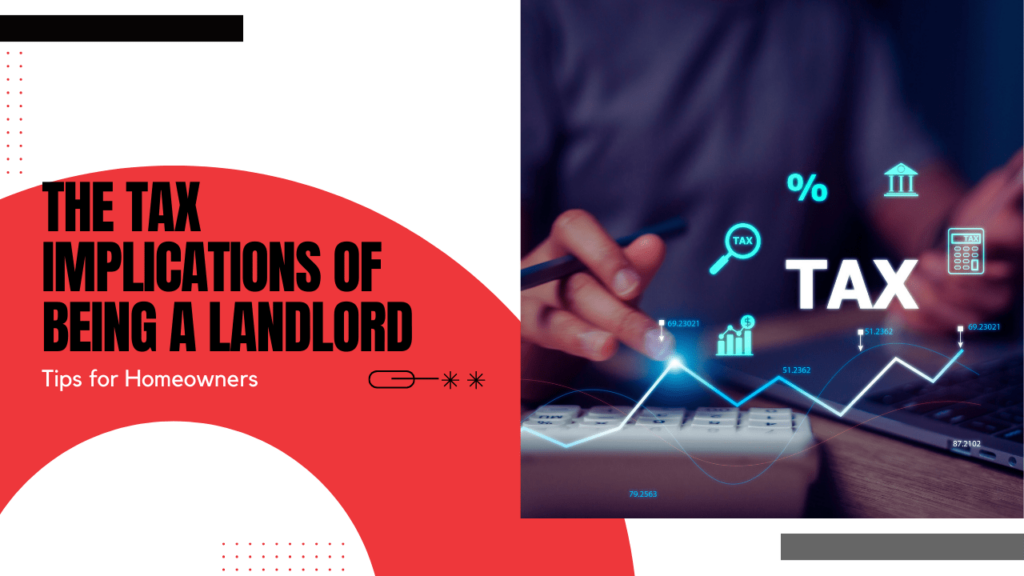
Rental property investments are an excellent idea for many reasons, and while you hear a lot about the recurring and consistent rental income they can produce as well as the appreciation over the long term, you don’t hear quite as much about the tax benefits. However, the tax implications for rental properties should be recognized and celebrated. When you’re a landlord renting out a home, you do have to declare the income you receive, but you also have some great opportunities to reduce your tax liability and save as much of what you earn as possible.
Rental Income is Taxable Income
Before we dive into the tax benefits, let’s remember that rental income is taxable. You’ll have to report the rent and other income that you earn from tenants on your tax return. The net rental income will be calculated after your expense deductions, and you’ll add that to your other income, so it’s taxed based on the applicable tax rate.
Business Deductions You Can Take
The IRS sees your rental property as a business, so they allow you to deduct the costs involved in running that business. Those will likely include expenses such as:
- Mortgage interest
- Property taxes
- Utilities
- Property insurance
- Repairs and maintenance
- Home office costs
- Travel expenses to and from your rental property
Careful documentation and good record keeping is critical. You don’t want to be making estimates; the IRS will want specifics, and you’ll have to back those specifics up with accounting records and financial statements.
Depreciation and Capital Gains
Landlords in San Gabriel can claim the depreciation of their rental property on their taxes. Depreciation is based on the value of the property, and the IRS allows you to deduct it annually over a period of 27.5 years, for residential rentals.
There are tax implications when you sell your rental property. The capital gains tax will apply to any asset that you sell for more than its original asking price. If you hold your investment property for more than a year, it becomes a long-term capital gains tax. You can delay the payment of this tax when you conduct a 1031 exchange, in which you sell one rental property and use the proceeds to invest in another rental property.
Property Management Fees: Tax Deductible
 If you have considered professional San Gabriel property management services but you weren’t thrilled with paying a property management fee, you should know that those fees are tax deductible. You can write them off as an expense. This is an excellent reason to talk to a property management partner; you won’t spend as much as you think you will, especially when you consider the tax benefits.
If you have considered professional San Gabriel property management services but you weren’t thrilled with paying a property management fee, you should know that those fees are tax deductible. You can write them off as an expense. This is an excellent reason to talk to a property management partner; you won’t spend as much as you think you will, especially when you consider the tax benefits.
Being a landlord in San Gabriel is a great way to earn short and long-term income, but make sure you know what you’re doing with your taxes. We’re property managers, so the advice we provide is based on our experience leasing, managing, and maintaining rental homes in San Gabriel. We always recommend you talk to a CPA or an accountant when it comes to tax planning and preparation.
If you’d like some help or additional information, please contact us at ZenPro Property Management.
